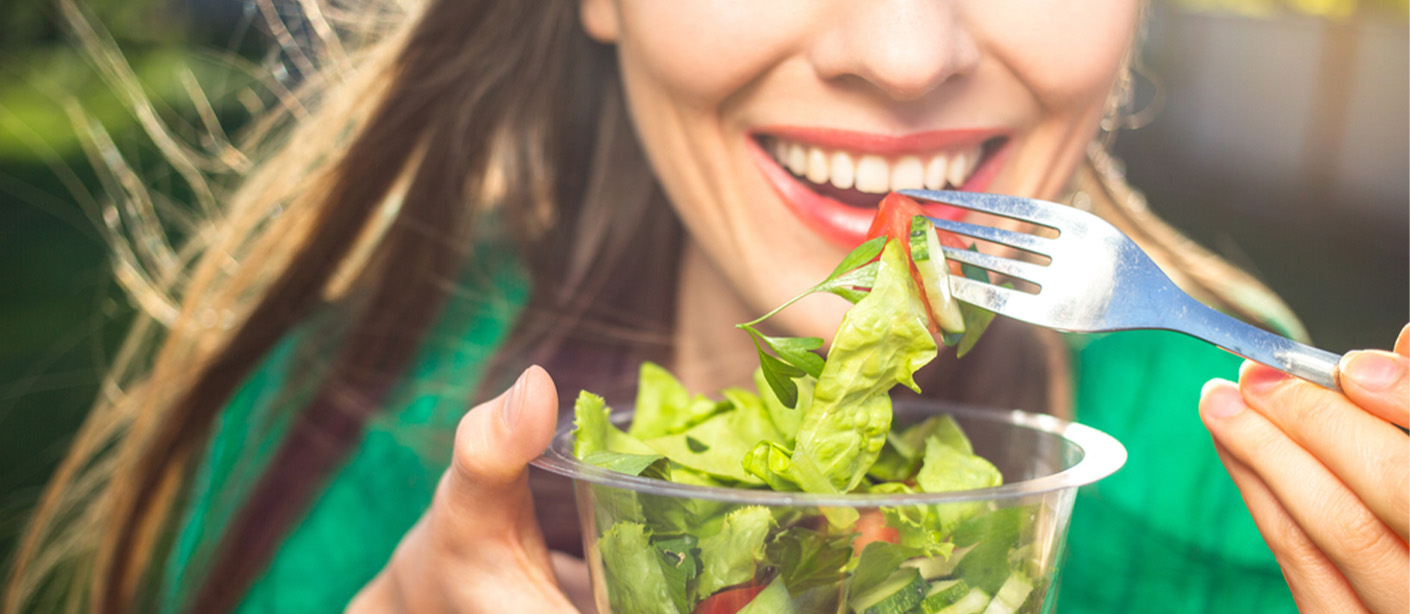How Nutrition Affects Skin
Skin is the largest organ in the body, and it's constantly working to protect your internal organs. It regulates body temperature and produces vitamin D, a crucial nutrient to support bone and immune health. Genetic factors and lifestyle influence skin health, but diet is also key to glowing skin.
Research has found a link between deficiencies in nutrients — such as vitamin A, vitamin C, vitamin K, vitamin E, essential fatty acids and B vitamins — and skin issues, such as poor wound healing and inflammation. These nutrients have antioxidant properties to help promote the structural integrity of skin and protect it from harmful UV light.
Collagen, the main structural protein in skin, tendons, bones and cartilage, is another important nutrient. Your body makes collagen, but your skin produces less of it with aging. A decrease in collagen causes less skin elasticity and more wrinkles.
Other Factors That Play a Role in Skin Health
Outside of diet, other lifestyle factors play a role in skin health. Inflammation is one of the most prevalent problems for skin. Otherwise known as dermatitis, inflammation of the skin can be caused by a variety of reasons. You might experience an immune response to an irritant, causing it to get red and inflamed. Environment, genetics or exposure to a certain chemical may also trigger an inflammatory skin response and cause your skin to appear red and itchy.
Stress also plays a large role in your skin's health. Researchers believe there is a brain-skin connection in which the brain and skin "talk" to each other. During this communication, stress causes pro-inflammatory cells to attack the skin. Smoking can also degrade collagen and elasticity in the skin and may increase the development of wrinkles.
Lastly, it's no surprise that extended sun exposure has negative consequences on skin health. The sun's UV rays can drastically damage the skin. The outer layer of the skin has a protective pigment called melanin. When melanin burns, UV rays penetrate the inner layers of the skin and leave permanent damage. Over time, too much sun damage may cause skin cancer.
Nutrients and Foods for Skin Health
Genetics and lifestyle factors such as stress, sun exposure and diet can all influence skin health as you age. You know you should wear sunscreen, but what should you eat to help keep your skin at its best? All of these nutrients — and the foods that contain them — have beneficial properties for skin.




Social Share